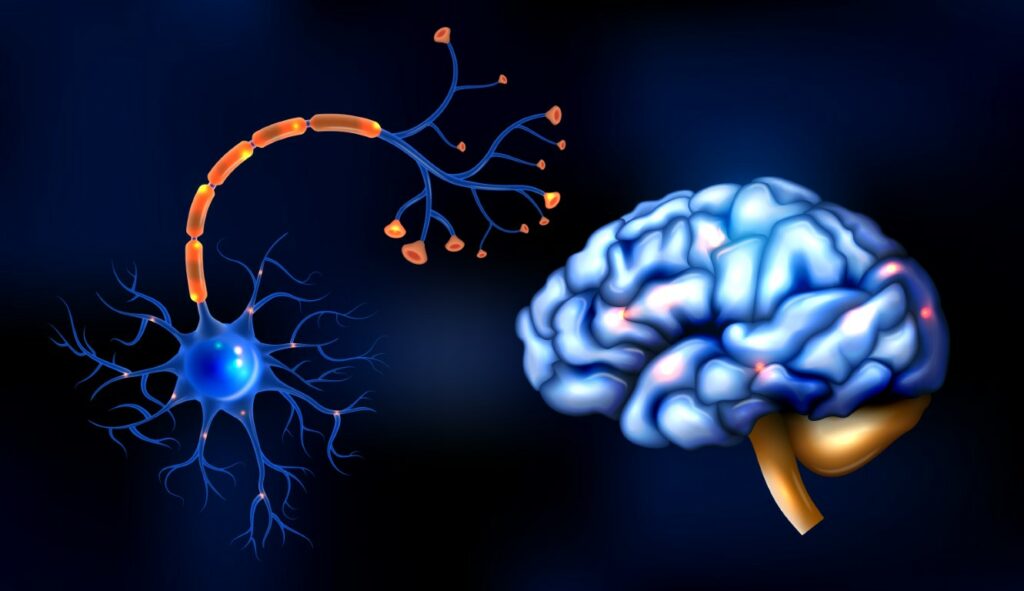Guillain-Barre Syndrome Treatment in Kerala, India

Because it can quickly deteriorate, Guillain-Barre syndrome is a dangerous disease that needs emergency care. The likelihood of a successful outcome increases with the timing of the appropriate treatment.
At, Maurya Hospital & Rehabilitation centre we help patients with Guillain Barre Syndrome.
Related diseases
Guillain-Barré syndrome (GBS) is a rare neurological disorder. The immune system attacks the nervous system mistakenly. GBS may range from mild cases with weakness to nearly devastating paralysis that leaves the person unable to even breathe independently.
In Guillain-Barre syndrome, the immune system — which usually attacks only invading organisms — begins attacking the nerves.The nerves’ protective covering (myelin sheath) is damaged in AIDP, the most common form of Guillain-Barre syndrome in the U.S. The damage usually prevents the nerves from transmitting signals to the brain, which causes weakness, numbness or paralysis.
Looking for Guillain-Barre Syndrome Treatments?
Our rehabilitation teams
Our doctors work with healthcare professionals to evaluate the impact of injury on your function and develop a recovery plan that is personalised for you. Our rehabilitation teams include physiotherapists, occupational therapists, speech/language therapists, Acupuncturist, Ayurveda & Naturopathy doctors . We offer care for as long as you need it and advise you of techniques to recover faster.
Our hospital brings together specially trained medical staff, advanced monitoring techniques, and specialized Physiotherapy and Ayurvedic treatments focused on improving the outcomes of patients with Guillain-Barre Syndrome.
Ayurvedic Treatment for Guillain-Barre Syndrome
GBS can be understood as Sarvangagatavata Vyadhi, and is apatarpana in nature, meaning it causes progressive degeneration in the body. So the prime line of management should be to adopt Santarpana chikitsa ( Nourishing therapy) that arrests degeneration and supports strengthening of weakened muscles, nerves and immune systems. All throughout the treatment, care should be given to prevent avarana due to kapha ( occlusion of body channels) that can cause complications such as spasticity, inflammation etc. Here at Maurya Ayurveda Hospital, we provide authentic Ayurvedic treatment combined with sessions of Physiotherapy and speech therapy, that is very much needed for patients having GBS. All this will ensure proper healing is achieved and the quality of life of patients is not compromised.
The selected Ayurvedic protocol at Maurya for GBS includes:
- Internal medications
- Snehapana
- Virechana
- Sarvanga seka
- Nirooha followed by appropriate rasayana
Physiotherapy for Guillain-Barre Syndrome
The purpose of physical therapy is to speed up your recovery and lessen the severity of your condition. A person with Guillain-Barre syndrome can still make significant progress with the aid of physiotherapy after being discharged from a hospital.The mean time of peak symptoms is 12 days majority gets peak by 4 weeks and recovery usually begins at 4-6 weeks after the onset of injury. Starting physiotherapy as soon as possible is highly suggested.
Physical therapy will helps you to regain independence in your active daily living tasks,to retrain normal movement patterns and to improve balance and posture.
Airway clearance techniques will also help you to prevent lung infections and to get better with your lung capacity as respiratory complications like COPD is commonn due to respiratory insufficiency.treatments like rib springing will also helps to stimulate cough.Using of splints for peripheral joints in a comfortable and functional position during flaccid stage.We also aims to prevent bed sores and also to maintain proper circulation with passive movements and Effleurage. We also aims on functional training to make patient functionally independent.
Frequently Asked Questions !
In advanced cases there is no cure for Cerebral atrophy, but the associated disabilities can be managed by Ayurveda treatments, occupational therapy and physiotherapy. Our ultimate goal in such cases will be to prevent progress of the condition.
CT and MRI are done mainly to diagnose the condition, but MRI is more precise and sensitive in detecting even the mild focal lesions and the atrophic changes in the nuclei.


